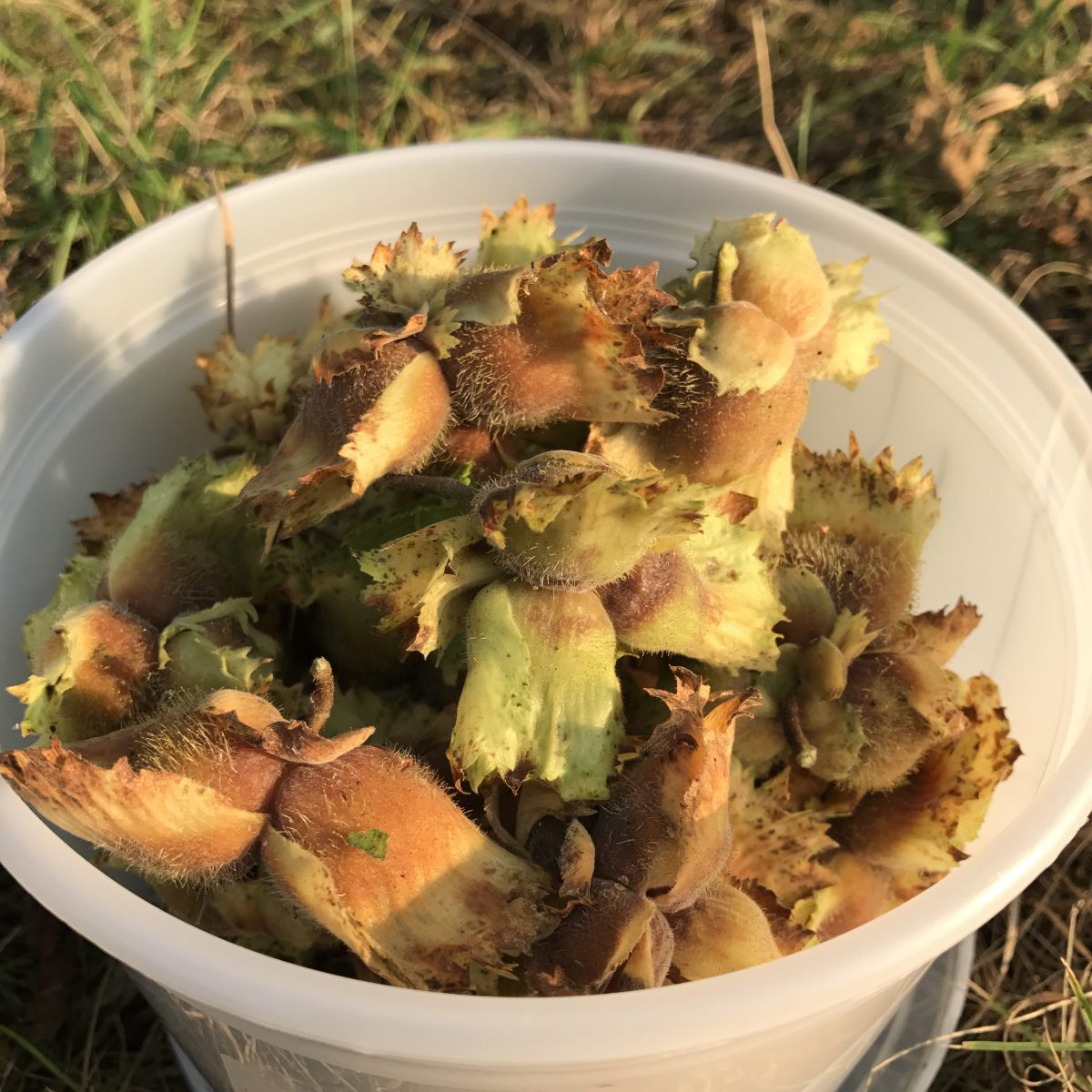Rez Dog Power!
A short story reprinted from “Imminent Cuisine: Indigenous Food Futurisms” in conjunction with Mn Artists Presents: Annie Dugan

In 2019 the creator of Toasted Sister Podcast, a show with the tagline “radio about Native American food,” asked Tashia Hart if she would contribute a piece to their new endeavor, a first-of-its-kind zine about food in Indigenous Futurisms. Searching for inspiration, Hart was guided to the trope of the “dump bear.” The short story “Rez Dog Power!” explores a potential future for waste and reuse, and what might happen to larger mammals in a more sustainable web.
“So here I am, hot on the heels of that waabooz headed down a hole, and wouldn’t you know it, the yellow-jacketed, two-legged came out chasing me with a mop stick again!” The dog says through a mouth of sparkling-but-for-the-one-that’s-broken-from-a-mop-stick-teeth.
Her shaggy, nettle-twine-colored-hair bouncing merrily as she pads at a steady pace alongside a similarly medium-sized, shiny black-haired dog.
Both dogs chuckle.
“She’s always chasing something,” The black-haired dog replies, “whether it’s a swaddled-butt grandkid, or us, or her husband…”
More chuckles.
“Yeah, he chases those waaboozoog as much as we do,” The shaggy dog says, “I’ve never understood why he gets the broom though,” and adds, “at least he brings her the waaboozoog after he catches them!”
~DING!~
The dogs step off of a large, spinning wheel, and trot over to retrieve doggy biscuits that had dropped as the power wheel station had registered as fully energized.
“Mmph,” the shaggy dog grunts approvingly through biscuit crumbs, “Tastes like they’re putting whitefish bones in the recipe again. I like it!”
“Me too,” her black-haired companion says, quietly finishing his last biscuit.
“Let’s get a drink.”
From the power wheel, they follow the sound of water being released through pipes under foot.
They follow one of the pipes that erects upwards from the soil nearby. There is a drip hose connected to it that runs down a long row of raspberry bushes before encircling one mound after another within the Great Bear Medicine Garden: a three-mile strip of land that runs along the southwest shore of Red Lake in northern Minnesota.
“Can you imagine it?” the shaggy dog astounds, between generous sniffs of sun-kissed raspberry leaves, “Fifteen generations before us there were bears eating garbage. Garbage. People would pile it up and the bears would eat it.”
“Mind-blowing.”
“The fact that people were so wasteful or that the bears were eating it and nothing was done to change it for generations?” The shaggy dog stops in her tracks to make eye contact with her companion.
“All of it,” he says, returning the seriousness of her gaze.
“I heard some of the two-leggeds would call them ‘dump bears’ and laugh at them when they saw they were eating their garbage,” She says, resuming her bouncy trot.
The black-haired dog shudders. He thinks for several moments, “Well… the food they put out in the dishes now smells good.”
“I agree,” the shaggy dog says, “but the scrap bowls like they have now aren’t the same as the olden day’s garbage.”
“It must’ve smelled good to the bears then,” the black-haired dog decides, nibbling a raspberry off of a bush without losing pace. “The garbage must have had food in it, that’s why they would eat it.”
They continue towards the sound of fresh water, past a giant sculpture of a bear that is made with glass bottles and cans and other colorful, recycled materials.
“Right,” The shaggy dog agrees, “the humans must not have known it would make the bears sick.”
“Imagine, three generations of blind bears,” the black-haired dog shakes his head.
“Two-leggeds are notably gifted tenders of the land, the berries, the wild foods we all enjoy. This is known. It’s just known. I mean, look at this place.” She stops again to look around, then closes her eyes and begins sniffing the air.
She opens them, “It’s paradise,” she says, playfully shouldering into her friend as they continue on, “Sometimes it boggles my mind to think of how they could’ve gotten so far off course.”
“Well, I’m glad they remembered their way back,” the black-haired dog settles.
“Ahaw.”
The dogs stop to drink at one of the many water holes throughout the Great Bear Medicine Garden.
“Come on, we better go back now, you know how omaamaayan makwag feel about us being too close to their cubs,” the shaggy dog says, sniffing the air, detecting a family coming up off the shore.
“Hey! Wanna go hop on the power wheel at the fishery?” the black-haired dog excites.
“You know it! It’s fish soup Wednesday!”
Originally published in “Imminent Cuisine: Indigenous Food Futurisms,” edited by Toasted Sisters Podcast.
Mn Artists Presents: Annie Dugan takes place Thursday, September 2, 2021, from 5-9 pm at the Walker Art Center. More information at walkerart.org.